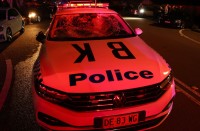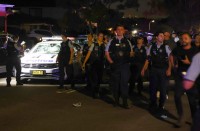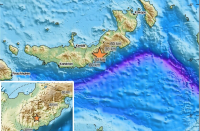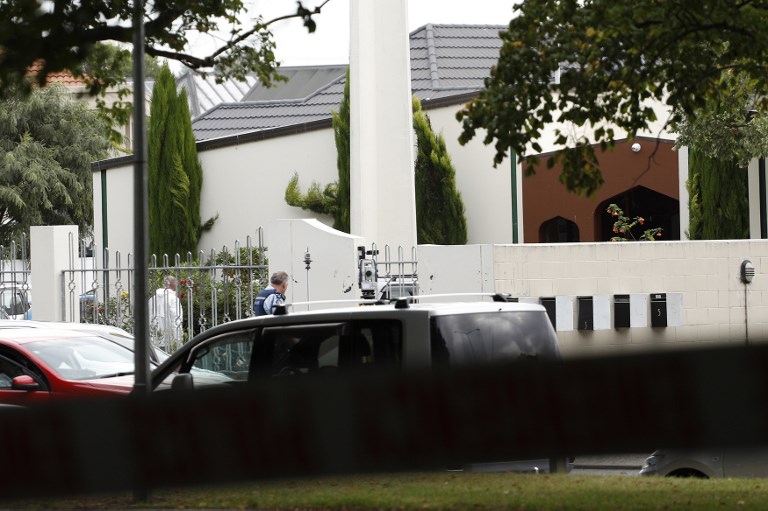
CHRISTCHURCH, New Zealand (AFP) — New Zealand’s prime minister vowed to toughen the country’s gun laws after revealing Saturday that the man charged with murdering 49 people in two mosques legally purchased the arsenal of firearms used in the massacre.
Jacinda Ardern said the gunman, a 28-year-old Australian, obtained a “Category A” gun licence in November 2017 and began purchasing the five weapons used in Friday’s attacks in the southern city of Christchurch the following month.
The firearms included two semi-automatic rifles, two shotguns and a lever-action weapon, she said, speaking to reporters in Wellington, before heading to Christchurch.
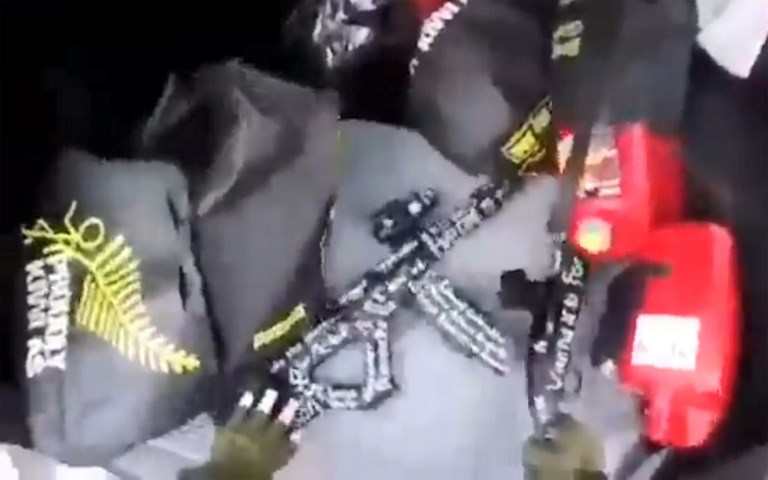
“The mere fact… that this individual had acquired a gun licence and acquired weapons of that range, then obviously I think people will be seeking change, and I’m committing to that,” she said.
“While work is being done as to the chain of events that led to both the holding of this gun licence, and the possession of these weapons, I can tell you one thing right now — our gun laws will change.”
Ardern noted several earlier attempts to reform the laws in 2005, 2012 and 2017. She said options to consider would include a ban on semi-automatic weapons.
She also confirmed that the gunman and two suspected associates who were also arrested had not been on the radar of any intelligence agencies, even though he had published a manifesto online indicating plans for attacks on Muslims.
“They were not on any watchlists either here or in Australia,” she said.
“The individual charged with murder had not come to the attention of the intelligence community, nor the police, for extremism,” she added.
“I have asked our agencies this morning to work swiftly on assessing whether there was any activity on social media or otherwise, that should have triggered a response. That work is already underway.
“Given global indicators around far-right extremism, our intelligence community has been stepping up their investigations in this area.”
New Zealand tightened its gun laws to restrict access to semi-automatic rifles in 1992, two years after a mentally disturbed man shot dead 13 people in the South Island town of Aramoana.
However, anyone over 16 can apply for a standard firearms licence after doing a safety course, which allows them to purchase and use a shotgun unsupervised.
Regular police in New Zealand do not carry firearms, relying on specialist special force units.
© Agence France-Presse

